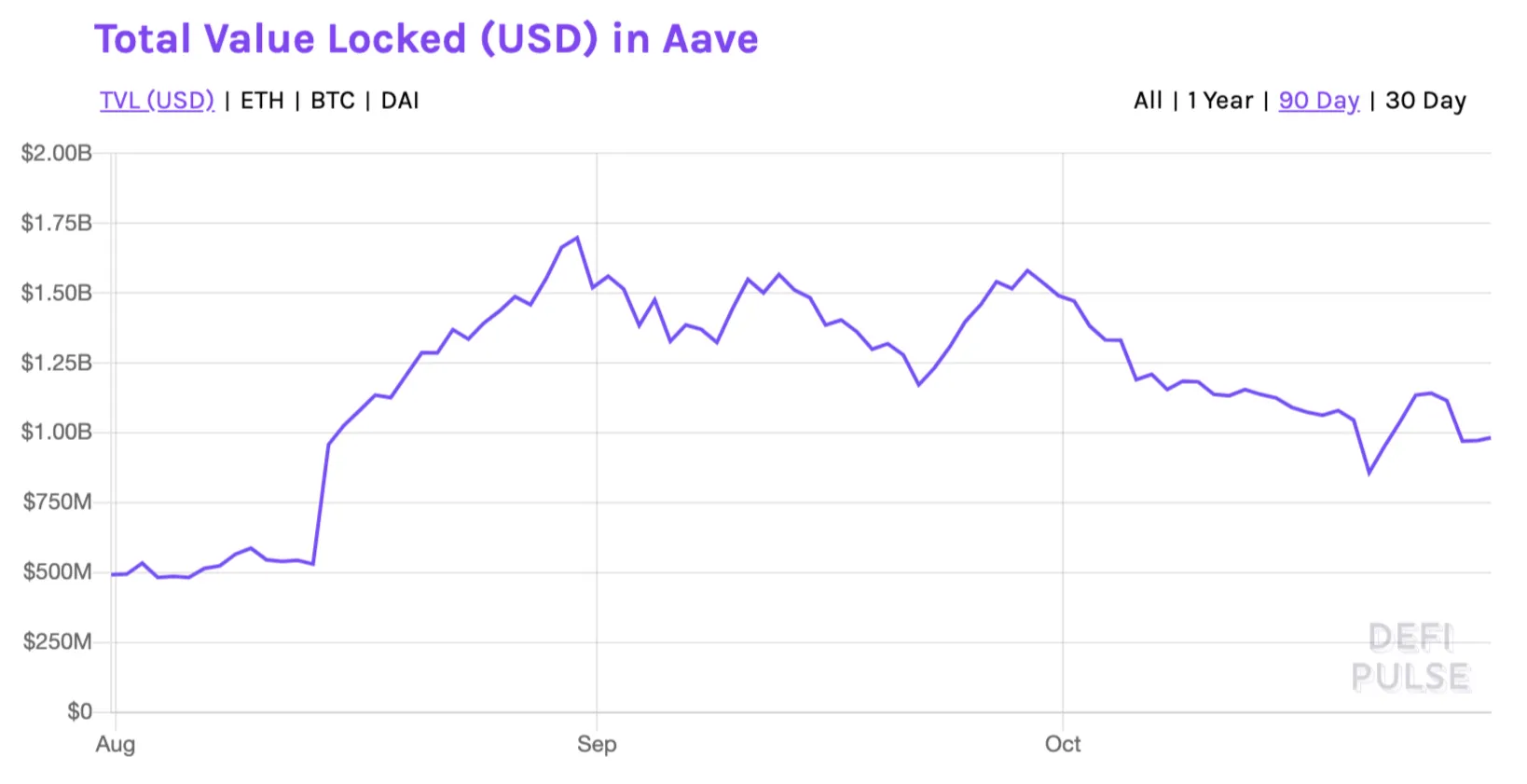In brief
- Aave announced the final handoff of admin control of its protocol to the community of Aave token-holders.
- Aave has been testing its decentralized governance model since July to ensure a smooth rollout.
- Founder Stani Kulechov and other devs will remain to build new functions based on community needs.
Aave has become the latest in a series of DeFi protocols to relinquish control of protocol governance, transferring power from the original developers to the Aave community to steer the ship.
Aave announced today the official handover of admin keys to governance contracts controlled by the AAVE token holders, allowing decentralized governance votes to have direct control over changes to the protocol.
The handover follows months of testing and tweaking to ensure governance decisions would smoothly translate to changes on-chain, during which time developers acted as an intermediary between community votes and on-chain action. Aave’s governance tokens were initially distributed in a November 2017 token sale that raised nearly $18 million for development of the protocol.
The move shows how more and more DeFi apps are getting serious about decentralized governance, bringing the ethos of decentralized networks to life at the application level.
DeFi, short for decentralized finance, uses automated blocks of code known as smart contracts to execute financial functions like issuing loans or offering interest on user deposits. DeFi applications like Aave run on decentralized networks such as Ethereum, where no single entity can turn off or censor blockchain data.
Decentralized governance is another extension of that paradigm—instead of being ruled by a centralized team of developers, DeFi apps pursuing decentralized governance allow protocol users to vote on future changes and the direction of the protocol.
“Giving up the admin keys to the Aave tokenholder governance is a historically remarkable event,” Aave founder and CEO Stani Kulechov told Decrypt. “Aave is more decentralized than ever.”
He continued: “The key handover should also incentivise more developers to contribute to the Aave protocol codebase, creating grant mechanisms and driving the protocol towards self-sustainability. The Aave founding team will be one of the core developers of the protocol in the future and will build what the community wants.”
Aave first revealed its plans for decentralized governance back in July, outlining mechanisms for rewarding contributors and providing added security against losses if the value of the crypto backing loans should tumble. At that time the protocol had around $400 million in user deposits recorded, according to DeFi data aggregator DeFi Pulse. Since then, the overall value of tokens placed into the lending protocol has risen as high as $1.7 billion on August 30; it has more than $950 million locked as of today.

Aave isn’t the first DeFi project to go all in on decentralized governance, following in the footsteps of projects like lending protocol Compound and decentralized exchange Uniswap earlier in 2020. It’s another example of a phased rollout that aims to preserve space for innovation and user security through extensive testing before gradually releasing governance into the wild.
Now it’s up to the Aave community to preserve and build on the work of the original developers and help bring Aave to the forefront of the growing DeFi industry.

